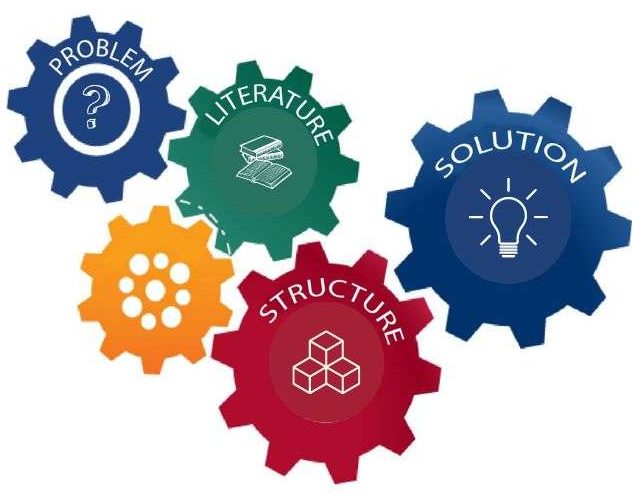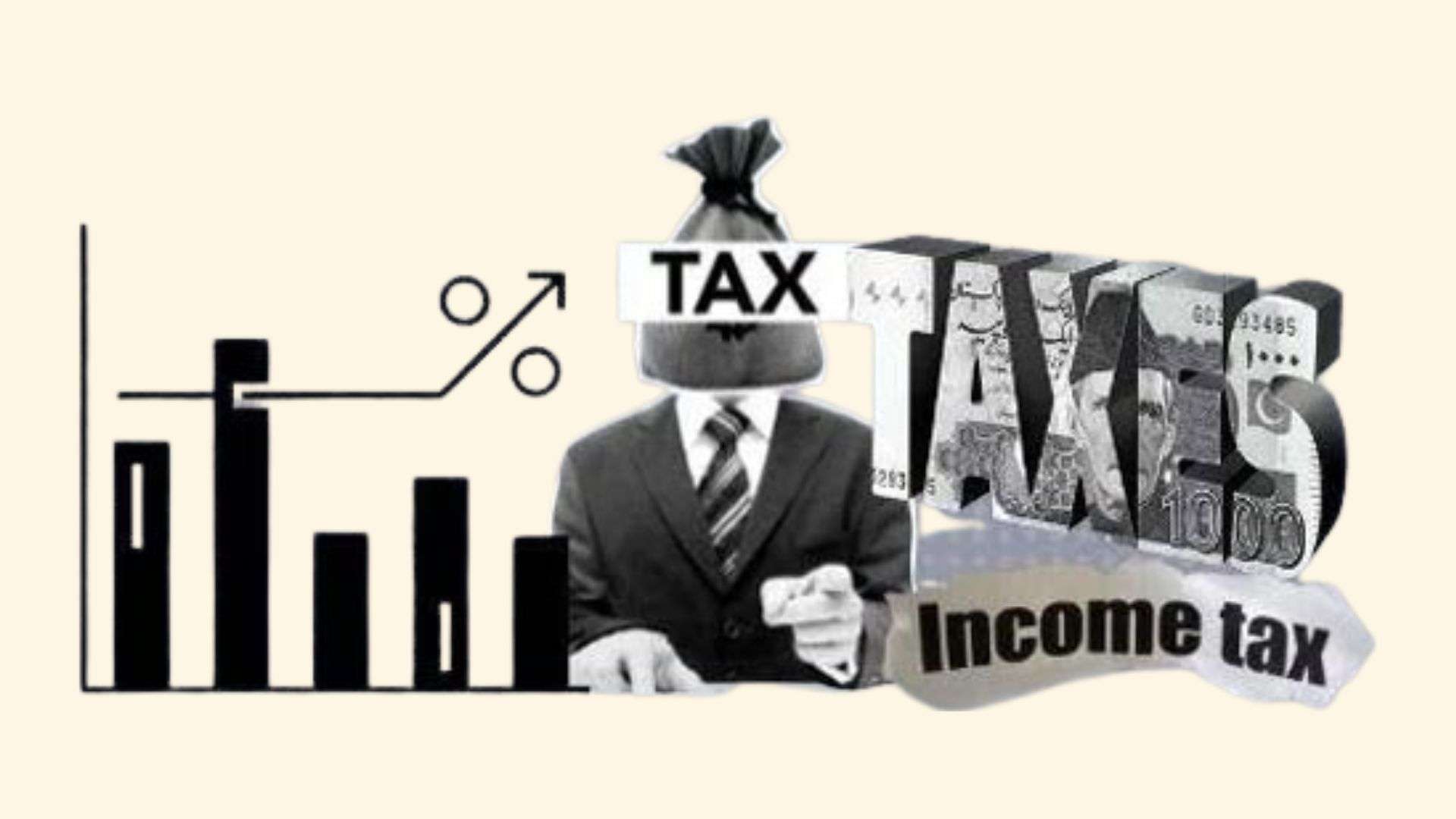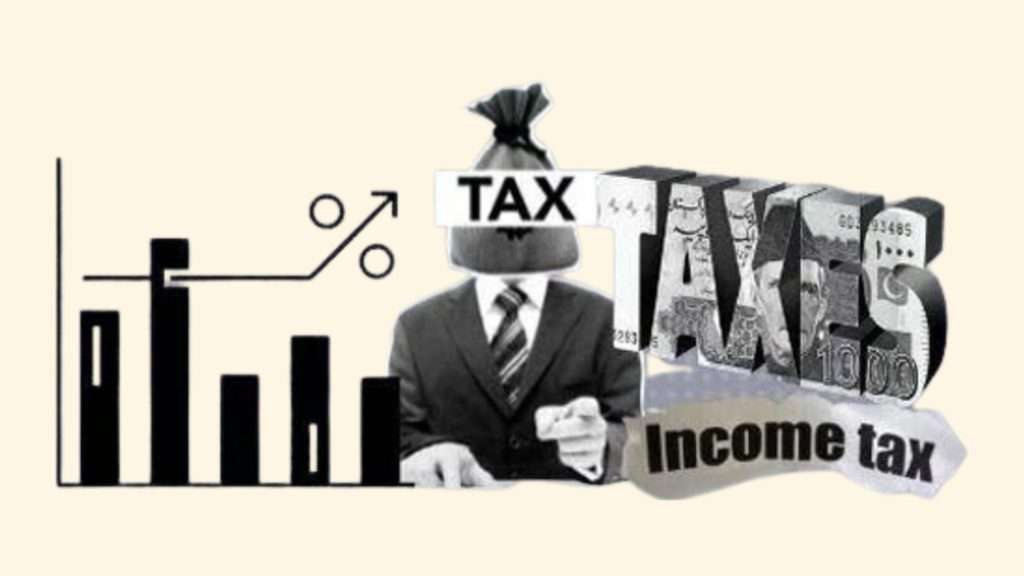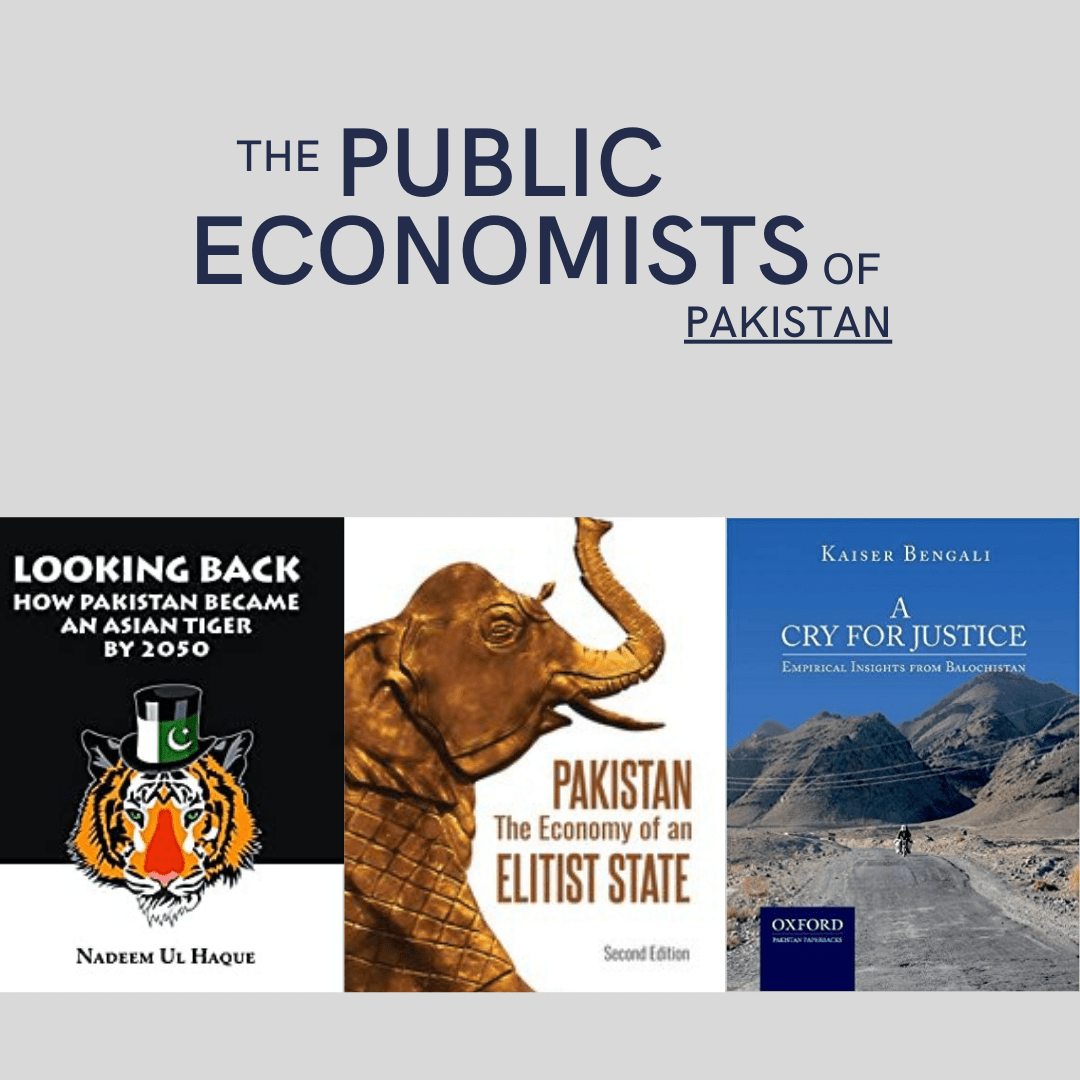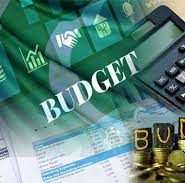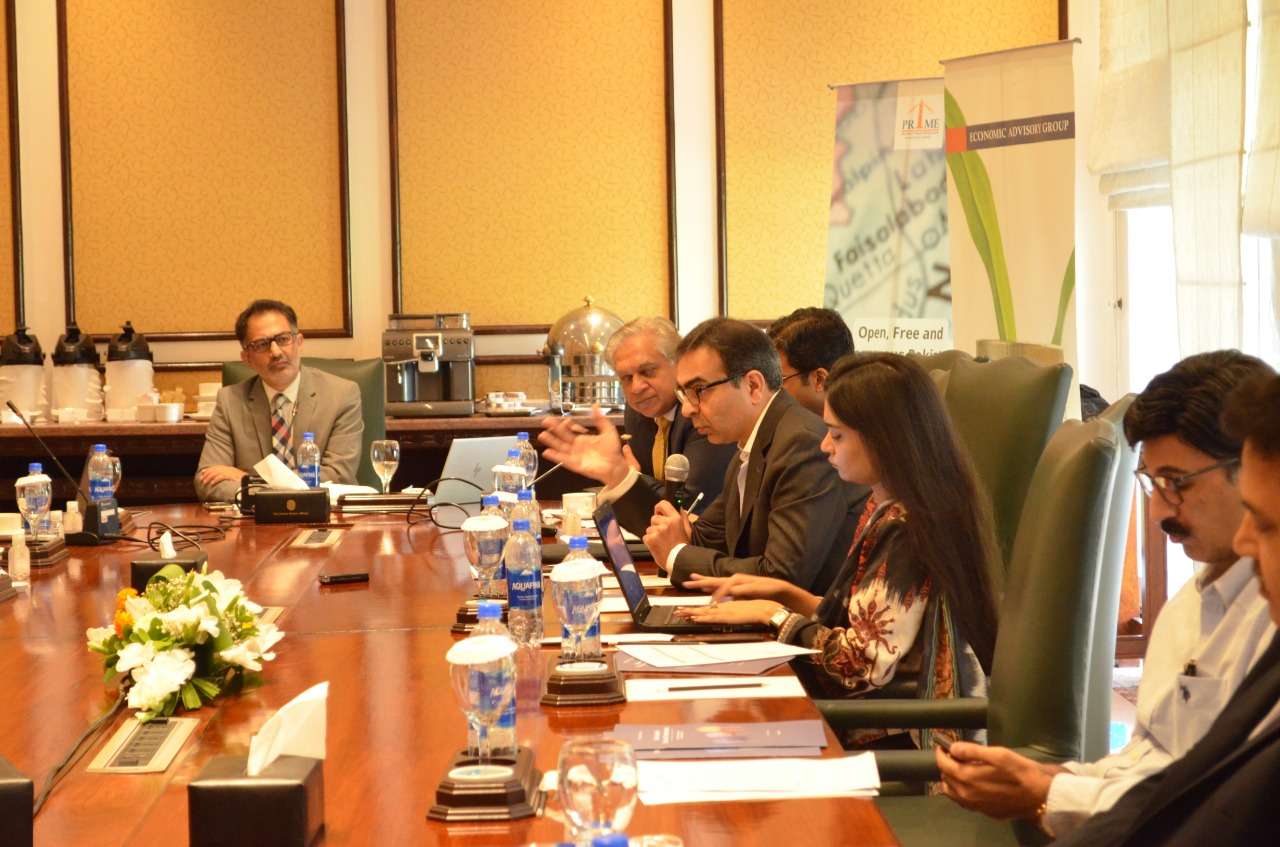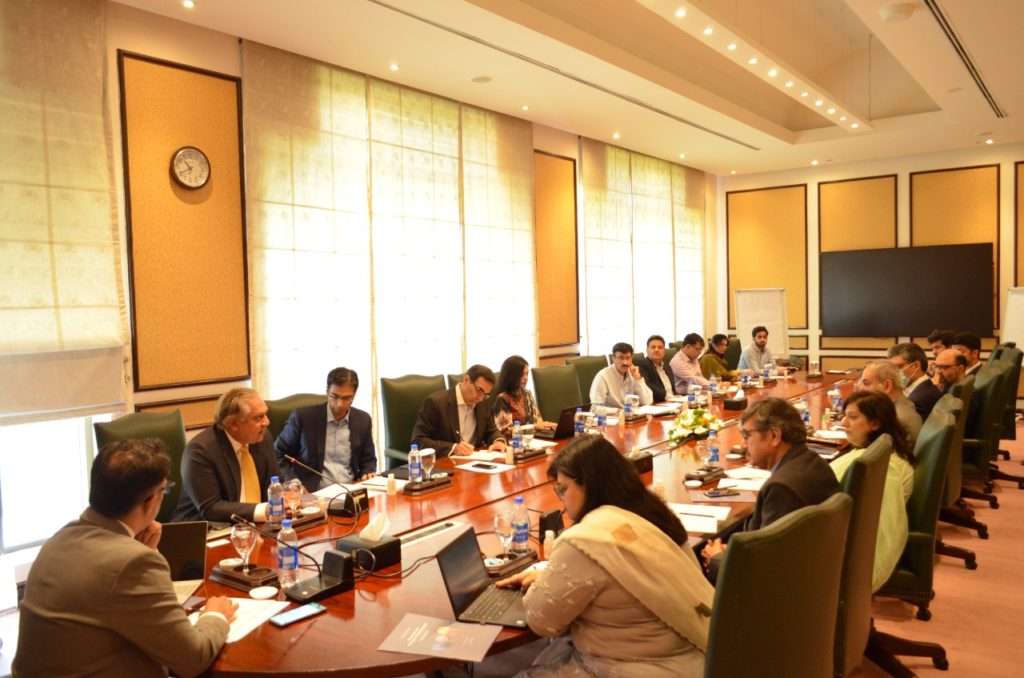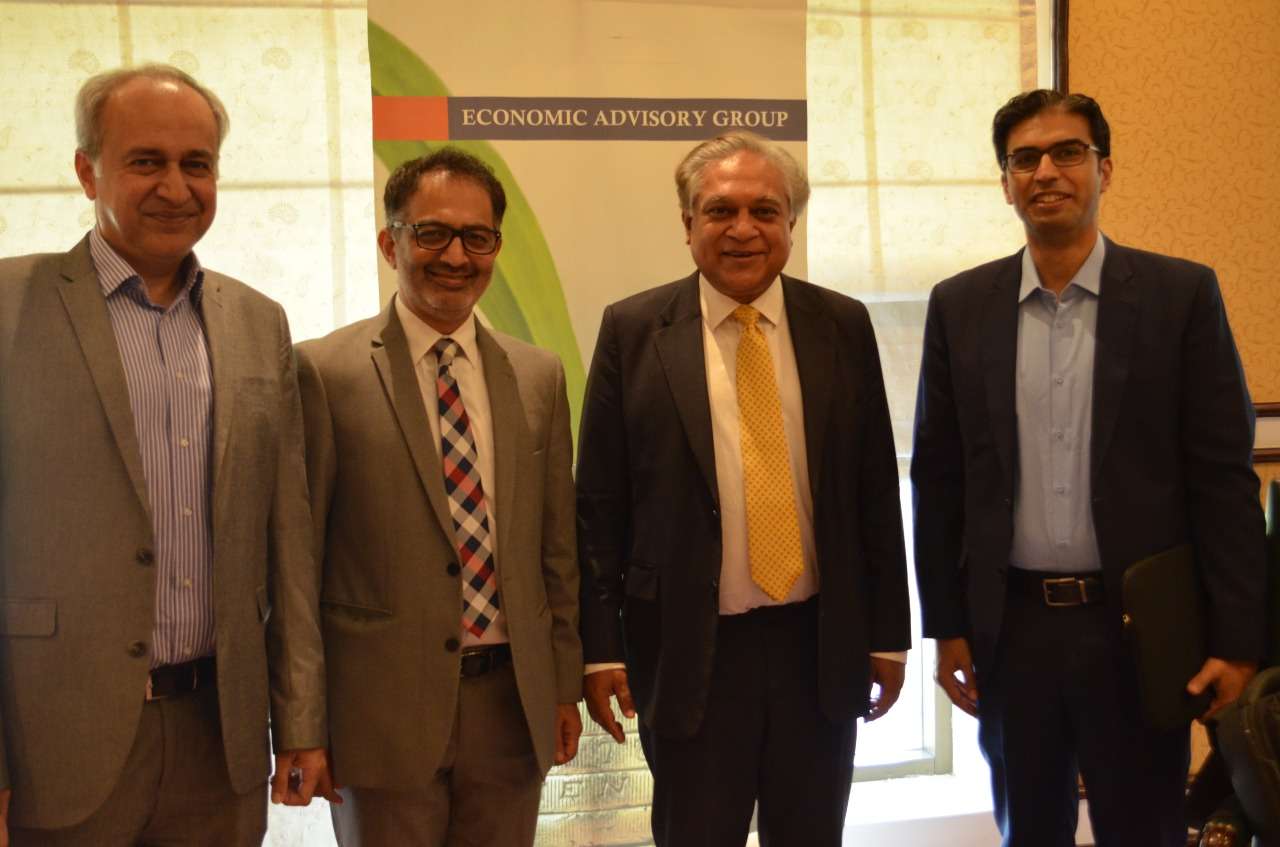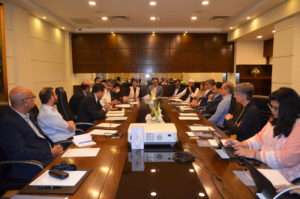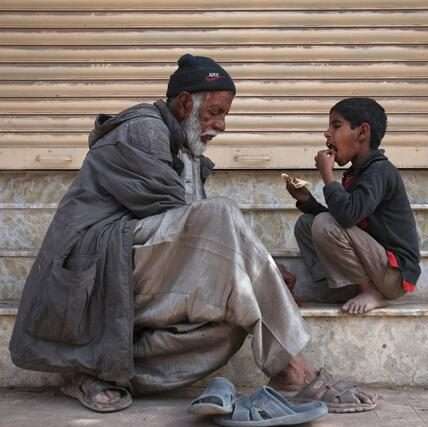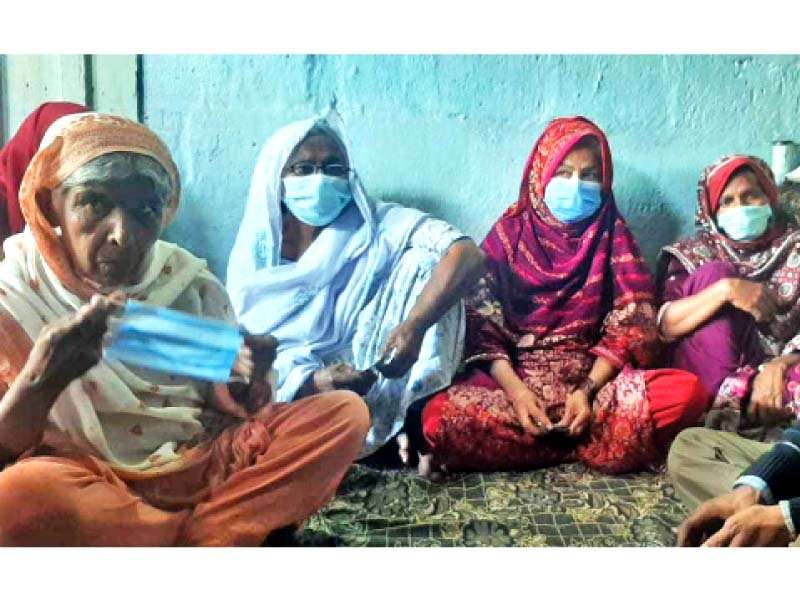5 Ways Government Hampers Free Trade
Pakistan is a country that has traditionally struggled to achieve economic growth, and international trade has often been seen as a key driver of development. However, despite the potential benefits of trade, the Pakistani government has been criticized for placing restrictions on trade, hindering economic growth and development.
If you are more interested in solutions, check out the section on Free Markets, Trade and Price Controls in the Pakistan Charter of Economy.
Import Tariffs
Pakistan imposes high import tariffs on a wide range of goods, including raw materials, capital goods, and consumer goods. These high tariffs make imported goods less competitive in the local market and increase their cost, leading to reduced consumer choices and decreased international trade. According to the World Bank’s 2021 report on “Trading Across Borders,” Pakistan ranked 167th out of 190 countries in terms of ease of importing goods. This poor ranking reflects the country’s high import tariffs and complex regulatory procedures, which can be a significant barrier to trade.
Non-Tariff Barriers
In addition to import tariffs, the Pakistani government also places non-tariff barriers on imports. These barriers include quotas, licensing requirements, and technical regulations that can be difficult for foreign exporters to navigate. According to the United States Trade Representative’s 2021 report on “Foreign Trade Barriers,” Pakistan has a number of non-tariff barriers in place that hinder trade, particularly in the agriculture and services sectors. These barriers can be particularly problematic for small and medium-sized enterprises (SMEs) that may not have the resources to navigate complex regulatory frameworks.
State-Owned Enterprises
Pakistan has a large number of State-Owned Enterprises (SOEs) operating in various industries such as energy, transportation, and telecommunications. The government owns and controls these SOEs, which can lead to inefficiencies, lack of competition, and reduced economic growth. According to a report by the International Monetary Fund (IMF), SOEs in Pakistan have been plagued by governance issues, leading to poor financial performance and a lack of transparency. This can be a significant barrier to foreign investment and trade, as foreign investors may be hesitant to invest in a market dominated by government-owned enterprises.
Energy Subsidies
The Pakistani government provides subsidies on energy products such as electricity, gas, and oil to keep prices low for consumers. While these subsidies benefit low-income consumers, they also lead to inefficiencies and market distortions. According to the IMF, energy subsidies in Pakistan amounted to 1.7% of GDP in 2019, with a significant portion of these subsidies going to the power sector. These subsidies can lead to the overconsumption of energy products and a lack of investment in more efficient energy sources, hindering economic growth and development.
Political Instability
Finally, political instability in Pakistan can be a significant barrier to trade. The country has experienced periods of political turmoil, including military coups, protests, and terrorist attacks, which can disrupt trade and deter foreign investment. According to the World Bank, political instability is a significant obstacle to economic growth and development in Pakistan, as it can lead to reduced investment and increased risk for businesses operating in the country.
In conclusion, the Pakistani government has placed a number of restrictions on trade that can hinder economic growth and development. These restrictions include high import tariffs, non-tariff barriers, state-owned enterprises, energy subsidies, and political instability. While some of these restrictions may be well-intentioned, such as energy subsidies to benefit low-income consumers, they can have negative effects on the overall economy. In order to promote economic growth and development, the Pakistani government should work to reduce trade barriers and improve the business environment for both domestic and foreign investors. This can include measures such as simplifying regulatory frameworks, reducing import tariffs, and improving governance



